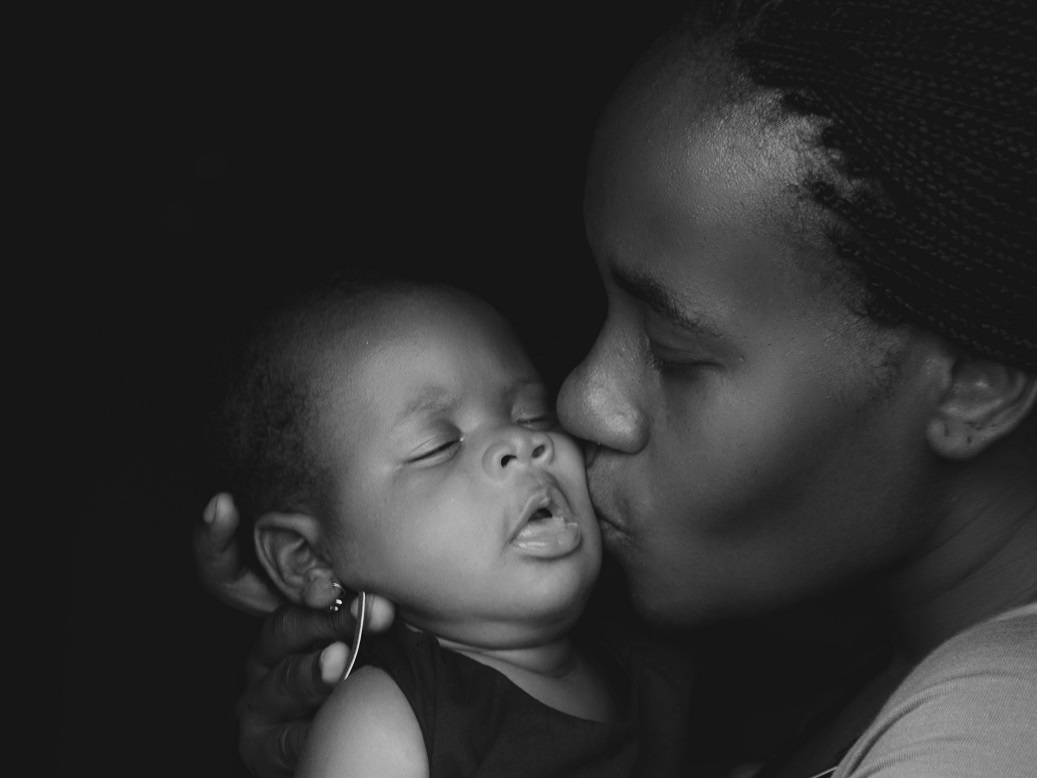The month of April is recognized in the United States as National Minority Health Month. A month-long initiative to advance health equity across the country for all racial and ethnic minorities. Hence, today marks the start of Black Maternal Health Week (April 11-17). So, I want to acknowledge all the groups like 2020 Mom and Black Mamas Matter Alliance, who are working to bring awareness to the plight of Black moms. And amplify community-driven policy, research, and care solutions.
#BMHW20 is an opportunity to consider solutions to the black maternal health crisis without fear, blame, or shame. #BlackMamasMatter #ListenToBlackWomen
Many of us suffer from mental health disorders. For instance, Worldwide, about 10% of pregnant women and 13% of women who have just given birth experience a mental disorder. Primarily depression. Also, the affected mothers cannot function properly.
I have anxiety, and I was ashamed to admit it for the first few years of my daughter’s life. Because I felt like Black mothers were “stronger than that.” I’m watching the unprecedented events of the world today affect Black families and women disproportionately. And know that many Black moms are scrambling to find ways to “push through,” ignoring their mental health.
This is precisely why I applaud this year’s theme: “Centering Black Mamas: The Right to Live and Thrive.” Activities during Black Maternal Health Week are rooted in human rights, reproductive justice, and birth justice frameworks. And #CenteringBlackMamas is an opportunity to think about improving maternal health disparities without fear, blame, or shame.
We must recognize the strengths of Black Mamas—their motherhood, scholarship, leadership, and research. If we sincerely hope to end the maternal health crisis. At the same time, we must also understand that maternal mental disorders are treatable. Moreover, Black Mamas do not have to “push through” them alone to exhibit strength.
As a Black mom, I selfishly look forward to deepening the national conversation about Black maternal health in the US this week. I relish the opportunity to elevate Black moms’ voices and perspectives around issues that impact them. And as always, if you have a story about maternal mental health, please email me.
About the Author
For the past two years, Christine Michel Carter has covered the impact of the Biden-Harris Administration on maternal mental health and written articles explaining all available legislature geared to single mothers in an attempt to provide women with an easy-to-read resource.
Christine dedicates herself to representing the issue of maternal mental health in the public policy arena. She has advocated policy changes to maternal mental health and reproductive justice. She’s worked on the maternal initiatives of Vice President Kamala Harris, urged congressional action on a federal paid family leave program, and has worked with Congressional Caucus on Black Women & Girls, the U.S. Department of Labor, and the U.S. Chamber of Commerce.
As an advisory board member of the Policy Center for Maternal Mental Health, Christine Michel Carter is committed to preventing the suffering of mothers, babies, and families associated with untreated maternal mental health disorders, especially for Black moms and moms of color. In 2023, Christine received recognition from the City of Baltimore for her commitment to community service.
She also received a Congressional Citation from the U.S. Senate for “going above and beyond in ensuring that Black Moms and Moms of Color have access to important health information for their children and families” during the COVID-19 pandemic.
A mom activist and advocate for reproductive justice, Christine Michel Carter is currently assisting Representatives Underwood and Adams in the House, Senator Booker in the Senate, and members of the Black Maternal Health Caucus with reintroducing the Black Maternal Health Momnibus Act for the 118th Congress.
